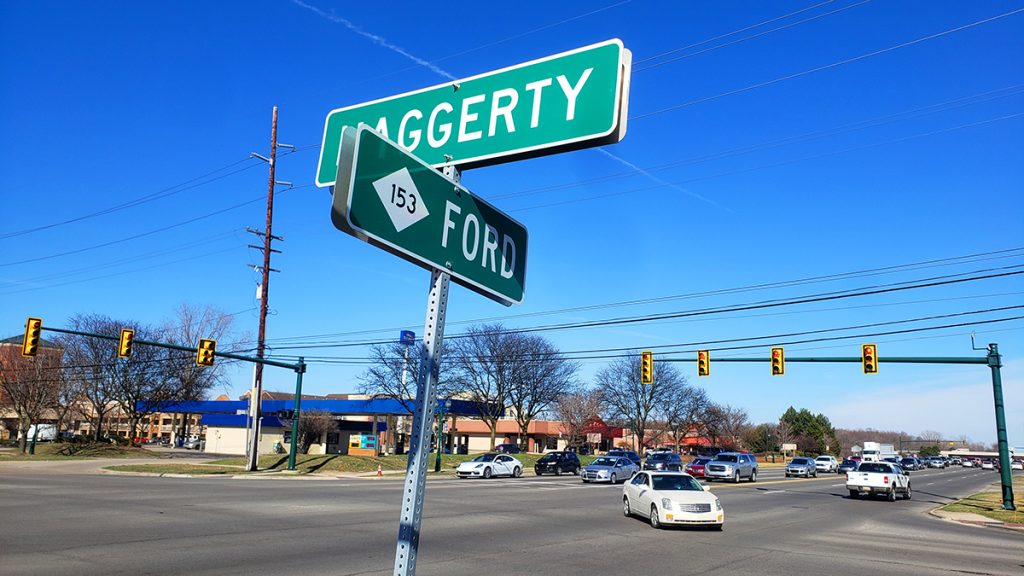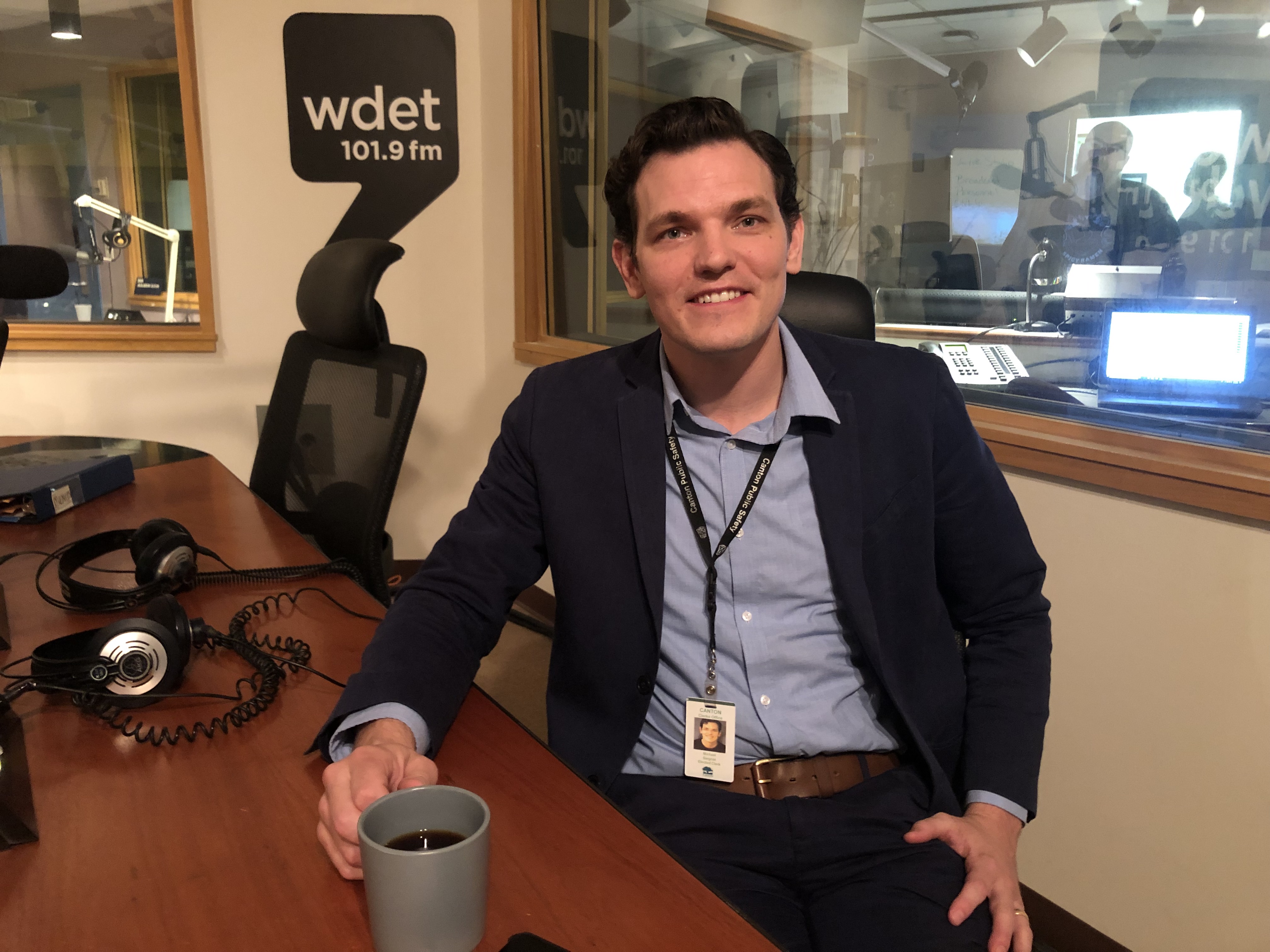Teens Say The Suburbs Are Depressing. Here’s What To Do About It.
Why are many of us so isolated in our communities?


There’s a lot of conversation surrounding the way we design the places we live — our cities, our towns and our neighborhoods. We hear a lot about how we could make those places more sustainable.
But we haven’t talked as much about the impact of the built environment on our bodies and minds.
There’s data that suggests suburban sprawl has negative effects on our physical health. It’s less clear what it means for our mental health. But when WDET started talking to people in Canton Township for the series Crossing the Lines, we heard over and over again about isolation and depression, especially among teens.
Why are we so many of us so isolated in our communities? And what can we do about it?
On Detroit Today, Stephen Henderson speaks with some people who have thought deeply about these questions.
Michael Siegrist is the Canton Township clerk. He talks about his own upbringing in and around Canton and how he experienced that sense of isolation and fell into drug use before turning his life around.
Richard Jackson is professor emeritus at the Fielding School of Public Health at UCLA, an expert on the relationship between urban design and health.
Robin Boyle is a professor of Urban Planning at Wayne State University.
Click on the audio player above to hear those conversations.
